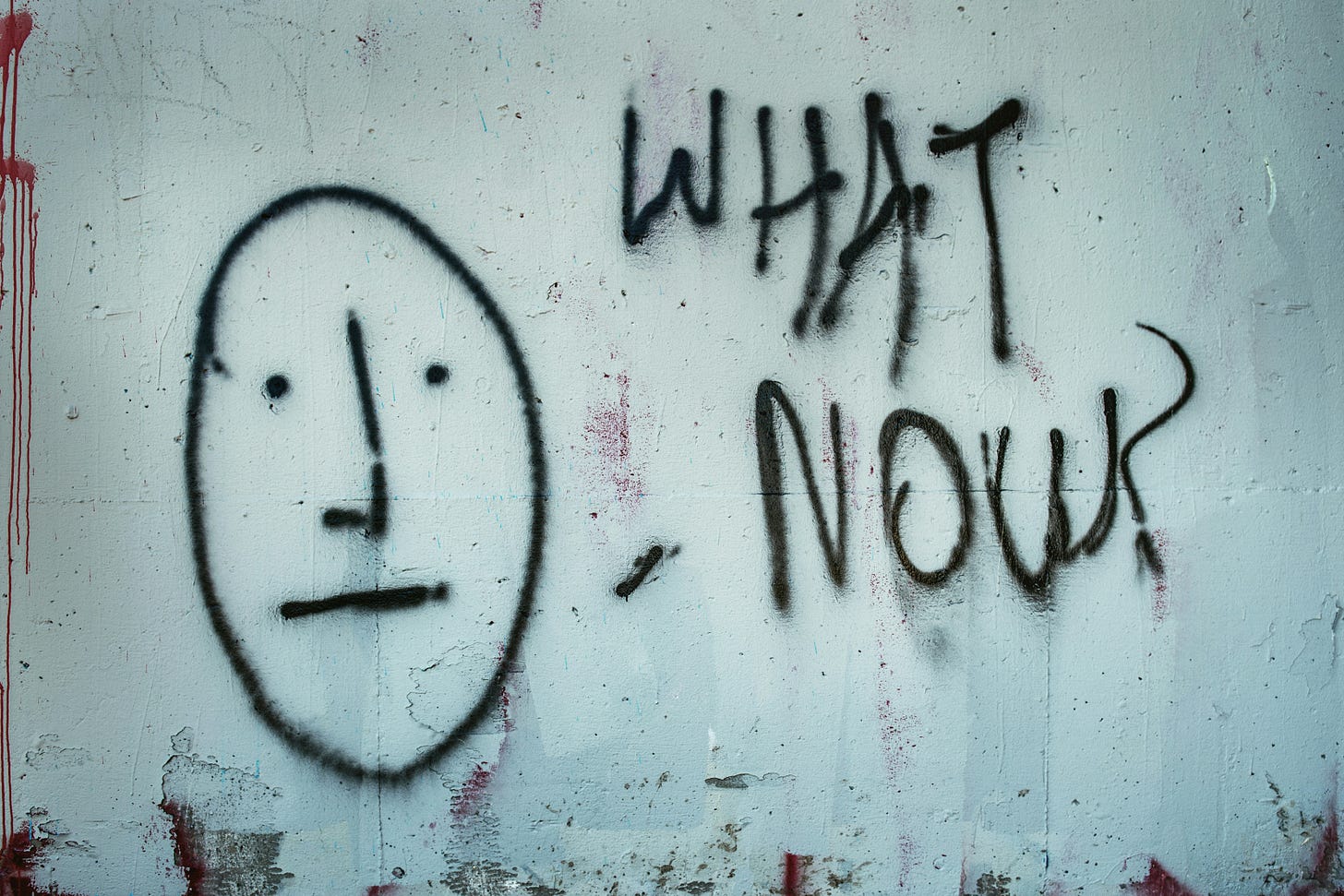There’s something breathtakingly dishonest about rewriting your sabotage as an act of loyalty. But that’s the argument by Waleed Shahid and the Uncommitted movement—that after organizing a campaign designed to weaken Biden-Harris, they’re shocked, just shocked, that Biden-Harris lost.
And now, having lit the match, they want credit for trying to stop the fire.
Let’s start with the obvious.
Nobody is mocking Gaza. The tragedy is real. The grief is real. The outrage is real. What’s being mocked—rightfully—is the hubris of political actors who mistook a protest for a plan. Who confused moral posture with electoral power. Who thought threatening to withhold votes from the only viable option against Trump was a clever tactic, not a reckless gamble?
The results are in. Trump is back. And the same people who warned, “Respect us or lose us,” are now washing their hands of the loss, blaming the very campaign they undermined for failing to win without them.
You can’t have it both ways.
You can’t claim to be anti-Trump and then spend a year crafting a national narrative about how Biden and Harris are indistinguishable from him.
You can’t run a primary campaign designed to embarrass the president and then act surprised when that embarrassment fractures the coalition.
You can’t rally people to opt out of a system and then cry foul when the system collapses.
Waleed calls it a warning flare. I call it friendly fire.
Let’s talk about what Uncommitted actually accomplished.
Not policy change. Not platform influence. Not meaningful inclusion. Just chaos. A few headlines. A few percentages. A few weeks of attention that hardened battle lines and made coalition politics harder, not easier.
This was a vibes operation. Rooted in sincerity, yes. But sincerity is not a strategy. A serious political project knows how to read the room. Knows the difference between moral clarity and electoral myopia. Knows that yelling “we told you so” after helping create the outcome isn’t accountability—it’s narcissism.
What’s most galling is how Waleed frames this as the party punching down. As if organizing a protest vote in swing states during an existential election isn’t a power play. As if demanding that a sitting vice president break with her own administration in the middle of a war isn’t a maximalist move. As if rejecting every off-ramp—statements, roundtables, symbolic gestures—somehow makes the people refusing to engage the victims here.
No one’s questioning the pain. But pain doesn’t entitle you to burn the bridge and blame the engineer. Especially when the alternative on the other side is Donald Trump.
And let’s not pretend this was some pure grassroots miracle. Waleed name-drops AIPAC like it’s Voldemort, but fails to mention the flood of NGO money, social media influence, and institutional echo chambers that amplified Uncommitted’s message while shielding it from scrutiny.
Never before I had heard in my life during a Friday sermon about sitting out an election because DNC didn’t allow Pro Palestinian speaker.
I mean, c’mon.
There’s a difference between being ignored and being disagreed with. The party didn’t “refuse to listen.” It listened. It just didn’t agree.
The real problem here isn’t protest. Protest is vital. The problem is a protest movement that refuses to accept limits. That imagines politics is a morality play, not a power struggle. That talks about coalition like it’s a hostage situation—meet our demands, or we walk.
And walk they did.
Enough to swing key states. Enough to damage turnout. Enough to fracture the coalition they now claim to care so deeply about.
You don’t get to turn Gaza into a campaign plank, depress votes in battlegrounds, and then clutch your pearls when people call it what it is—sabotage.
The Democratic Party is flawed. Deeply. But it’s still a party. Not a protest vehicle. Not a blank canvas for every grievance. Not an open mic night for radical disappointment. It is, for better or worse, the only institutional counterweight to the chaos now returning to Washington.
So yes, people are angry. But anger without responsibility is just performance. If Uncommitted really believes in power-building, then build. Run candidates. Win seats. Raise money. Forge alliances. Not just tweets and petitions and drama at the DNC.
But don’t confuse your failed ultimatum for a righteous crusade.
You gambled. You lost. And so did the rest of us.
Own it. Then maybe we can talk about rebuilding what you helped break.





